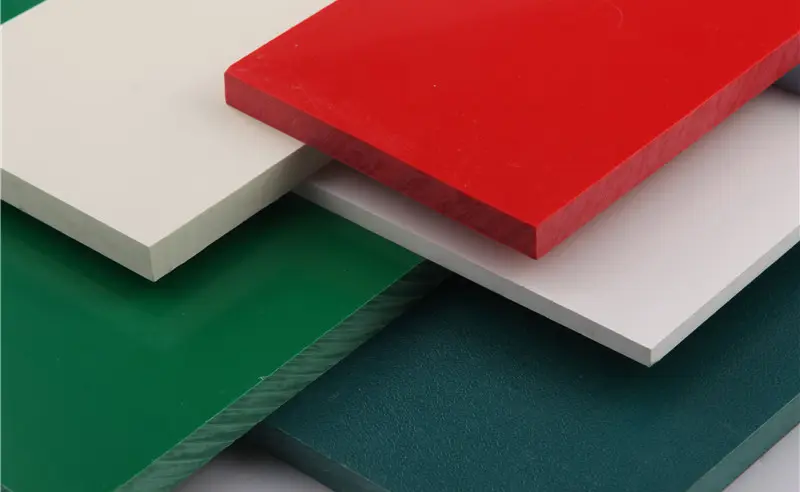Dec . 09, 2024 21:46 Back to list
Exploring the Benefits and Applications of HDPE Pipe in Modern Infrastructure
Understanding HDPE Pipe Properties, Applications, and Advantages
High-Density Polyethylene (HDPE) piping systems have gained immense popularity in various industries due to their unique properties and versatile applications. HDPE is a thermoplastic made from petroleum, characterized by its high strength-to-density ratio. This material is used widely in the manufacture of pipes for a range of applications, including water and gas distribution, sewer systems, and industrial processes. In this article, we will explore the properties, applications, and advantages of HDPE pipes.
Properties of HDPE Pipe
HDPE pipes are renowned for their durability and resistance to a wide variety of environmental factors. One of the most significant properties is their resistance to corrosion. Unlike traditional metal pipes, HDPE pipes do not rust or corrode, which extends their lifespan significantly. Furthermore, they have a high level of impact resistance and can withstand harsh weather conditions, making them suitable for outdoor applications.
Another notable property of HDPE is its flexibility. HDPE pipes can bend under pressure without breaking, which makes installation easier and reduces the need for joint fittings. This flexibility is especially advantageous in areas with complex terrain, where traditional rigid pipes might struggle to adapt to the landscape.
Furthermore, HDPE pipes are lightweight compared to their metal counterparts, which simplifies the handling and transportation process. This reduction in weight can lead to lower shipping costs and easier installation, as fewer cranes or heavy machinery are required for lifting.
Applications of HDPE Pipe
Due to their extensive range of properties, HDPE pipes are widely used in numerous applications. One of the primary applications is in water supply systems. HDPE pipes are commonly used for building new mains and distribution systems because they can carry potable water without leaching harmful chemicals, making them safe for drinking water infrastructure.
hdpe pipe

HDPE is also used in sewage and drainage systems due to its excellent resistance to chemicals found in wastewater. The smooth interior of HDPE pipes allows for effective fluid flow and minimizes the buildup of deposits and clogs, thereby enhancing overall efficiency.
In addition to water and sewer applications, HDPE pipes are utilized in agriculture for irrigation systems. Their resistance to corrosion and chemicals enhances their capability to withstand the rigorous conditions often found in agricultural environments. Farmers increasingly opt for HDPE systems to ensure their crops receive adequate water without the risk of pipe failure.
Moreover, HDPE pipes are employed in industrial applications, including chemical processing, oil and gas distribution, and mining. Their ability to resist corrosive materials makes them ideal for transporting a variety of chemicals, oils, and even sludge.
Advantages of HDPE Pipe
The advantages of using HDPE pipes extend beyond just their physical properties and applications. One significant advantage is their cost-effectiveness. Although the initial price may be higher than traditional materials, the long lifespan, reduced maintenance costs, and lower installation expenses make HDPE a more economical choice over time.
Sustainability is another critical benefit, as HDPE is a recyclable material. This promotes a circular economy by allowing old pipes to be repurposed into new products, thereby reducing waste and minimizing environmental impact.
Furthermore, the ease of installation of HDPE pipes, thanks to their lightweight nature and the possibility of using trenchless methods, reduces labor costs and project timelines, making them a preferred option for contractors.
In conclusion, HDPE pipes represent a technological advance in the piping industry, offering an array of benefits that cater to various applications. Their durability, flexibility, and resistance to corrosion and chemicals make them an ideal choice for water distribution, sewage systems, agricultural uses, and industrial applications. As industries continue to prioritize sustainability and cost-effectiveness, HDPE pipes are likely to play an increasingly significant role in future infrastructure developments.
-
High Quality PVC Round Rod for Industrial & DIY Applications
NewsJul.28,2025
-
High Quality PVC Pipe Fitting - Durable & Leak-Proof Solutions
NewsJul.28,2025
-
High-Quality PVC Rigid Sheet (Glossy Surface) for Industrial Use
NewsJul.26,2025
-
High Quality PVC Rigid Sheet (Embossed Surface) for Industrial Use
NewsJul.25,2025
-
High Quality PVC Soft Sheet for Flexible Applications | Durable & Customizable
NewsJul.24,2025
-
High-Quality UPVC Water Supply Pipe for Durable Plumbing Solutions
NewsJul.23,2025

